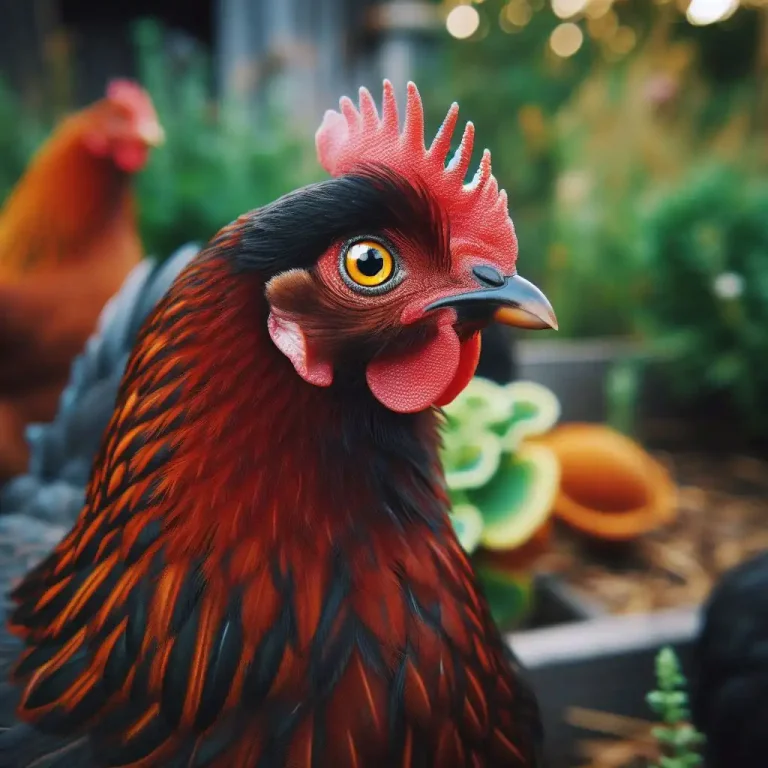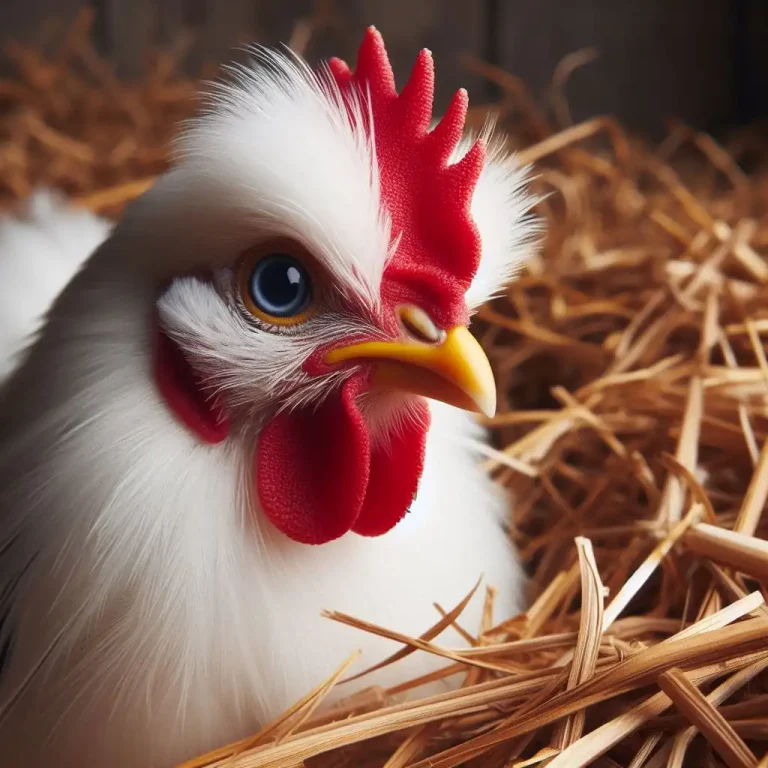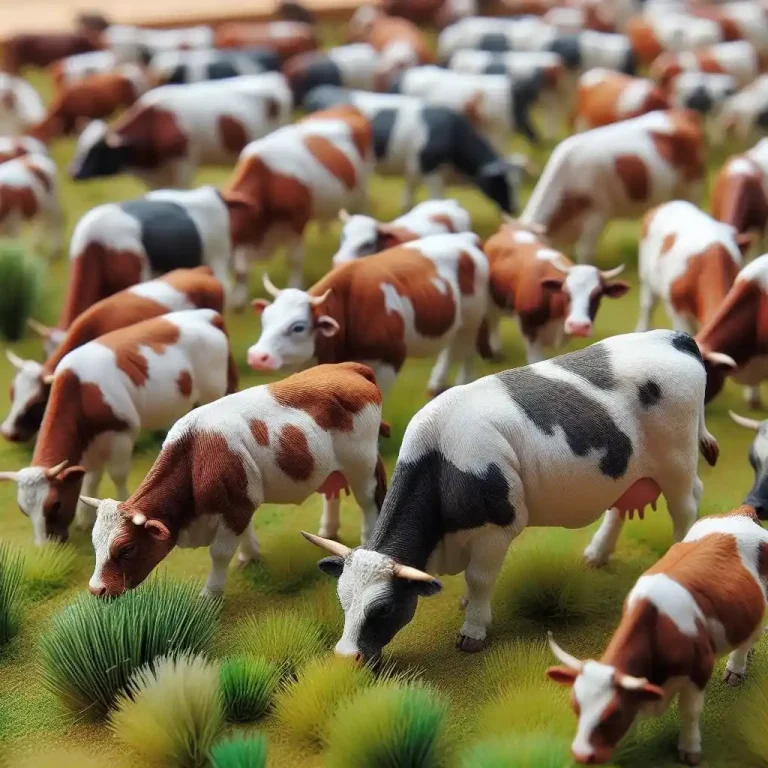can ducks eat almonds
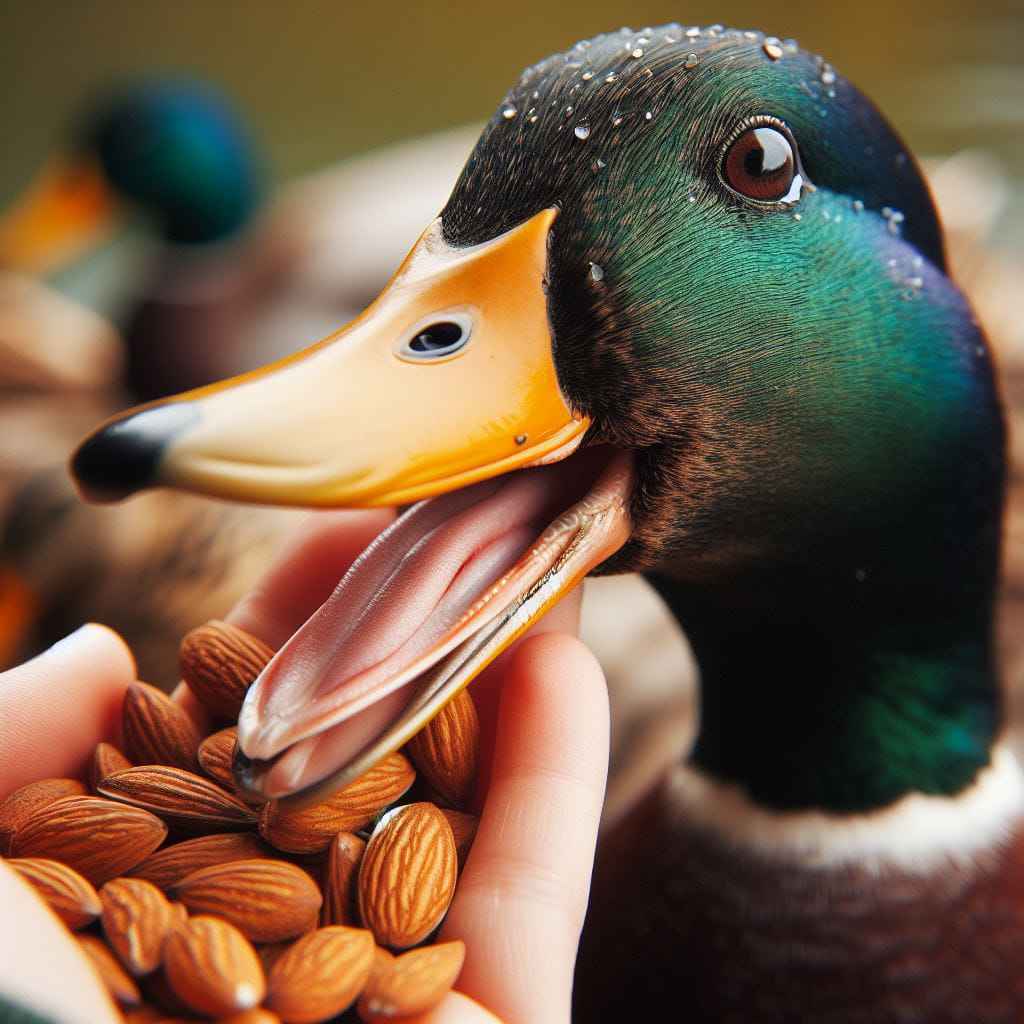
Can ducks eat almonds
Ducks can consume almonds, but it’s important to consider several factors before offering them as a treat. Almonds are packed with nutrients like protein, healthy fats, fiber, and various vitamins and minerals, which can be beneficial for ducks. However, almonds also contain a compound called cyanogenic glycosides, which can release cyanide when chewed or digested. While the cyanide levels in almonds are relatively low and usually not harmful to humans, they can pose a risk to ducks, especially if consumed in large quantities.
Therefore, it’s essential to feed almonds to ducks in moderation and ensure that they are raw, unsalted, and preferably crushed or chopped to reduce the risk of choking. Additionally, monitor your ducks for any adverse reactions after consuming almonds, such as digestive issues or lethargy. If you notice any negative symptoms, it’s best to discontinue feeding almonds and consult a veterinarian for further guidance. Overall, while ducks can enjoy almonds as an occasional treat, it’s crucial to prioritize their safety and well-being by offering them in small quantities and taking necessary precautions.
Introduction to Ducks and Almonds
Ducks are curious and opportunistic eaters, often exploring a wide range of foods in their environment. When it comes to almonds, the situation is no different. Almonds, the seeds of the Prunus dulcis tree, are a popular snack for humans due to their nutritional content and versatility. Ducks, being omnivorous birds, can indeed consume almonds, but there are several considerations to keep in mind.
Almonds are rich in various nutrients, including protein, healthy fats, fiber, and essential vitamins and minerals. These nutritional components can provide ducks with valuable energy and support their overall health and well-being. However, almonds also contain cyanogenic glycosides, compounds that can release cyanide when chewed or digested. While the levels of cyanide in almonds are relatively low and typically safe for humans, they can pose a risk to ducks, especially if consumed in large quantities.
To safely incorporate almonds into a duck’s diet, it’s crucial to take certain precautions. Firstly, ensure that the almonds are raw and unsalted, as added salt and flavorings can be harmful to ducks. Additionally, consider crushing or chopping the almonds into smaller pieces to reduce the risk of choking, as ducks may have difficulty swallowing large whole almonds. It’s also essential to offer almonds to ducks in moderation and monitor them for any adverse reactions, such as digestive issues or lethargy.
Overall, while ducks can enjoy almonds as an occasional treat, it’s essential to prioritize their safety and well-being by following these guidelines. By offering almonds responsibly and in moderation, duck owners can provide their feathered friends with a nutritious and enjoyable snack without compromising their health.
While almonds can be a delightful occasional treat for ducks, it’s crucial to consider their dietary diversity. If you’re looking to broaden your ducks’ culinary horizons, consider introducing them to honeydew. Learn more about the suitability of honeydew for ducks and how to incorporate it safely into their diet. With careful attention and moderation, you can offer your ducks a varied and balanced diet that includes refreshing treats like honeydew. Explore the nutritional benefits and enjoy watching your ducks indulge in this tasty fruit.
Nutritional Value of Almonds for Ducks
Almonds are nutrient-dense nuts that offer several health benefits for ducks when consumed in moderation. These nuts are rich in protein, healthy fats, fiber, and various essential vitamins and minerals.
Protein is crucial for ducks as it supports muscle development, tissue repair, and overall growth. Almonds provide a significant amount of protein, making them a valuable addition to a duck’s diet.
Healthy fats, such as monounsaturated and polyunsaturated fats found in almonds, are essential for ducks’ energy production, insulation, and the absorption of fat-soluble vitamins. These fats also contribute to the health of ducks’ feathers and skin.
Fiber is another important component of almonds that aids in digestion and promotes gut health in ducks. A diet rich in fiber can help prevent digestive issues and maintain regular bowel movements in ducks.
Almonds also contain various vitamins and minerals, including vitamin E, manganese, magnesium, and phosphorus. Vitamin E acts as an antioxidant, protecting ducks’ cells from damage caused by free radicals. Manganese and magnesium are essential for bone development and muscle function, while phosphorus contributes to overall bone health.
Overall, incorporating almonds into a duck’s diet can provide them with essential nutrients, supporting their overall health and well-being. However, it’s essential to offer almonds in moderation and ensure they are raw and unsalted to avoid potential health risks associated with excessive consumption or added ingredients.
Risks and Concerns of Feeding Almonds to Ducks
While almonds offer nutritional benefits, there are also risks and concerns associated with feeding them to ducks. One primary concern is the potential choking hazard posed by whole almonds, especially for younger or smaller ducks. Ducks may struggle to break down large almonds into smaller, manageable pieces, leading to choking or digestive blockages.
Another concern is the high fat content of almonds. While healthy fats are essential for ducks’ energy needs and overall health, consuming too many fatty foods like almonds can lead to obesity and related health issues. Ducks that consume excessive amounts of fatty foods may become overweight, leading to decreased mobility, joint problems, and other health complications.
Additionally, almonds contain trace amounts of cyanide, which is toxic to birds in large quantities. While the cyanide content in almonds is typically not harmful to ducks when consumed in moderation, feeding them large quantities of almonds or almond products could potentially lead to cyanide poisoning.
To mitigate these risks, it’s essential to offer almonds to ducks in moderation and ensure they are raw and unsalted. This reduces the likelihood of choking and minimizes the intake of excessive fats and potential toxins. Providing a varied and balanced diet alongside almonds can help ensure ducks receive all the nutrients they need without exposing them to unnecessary risks.
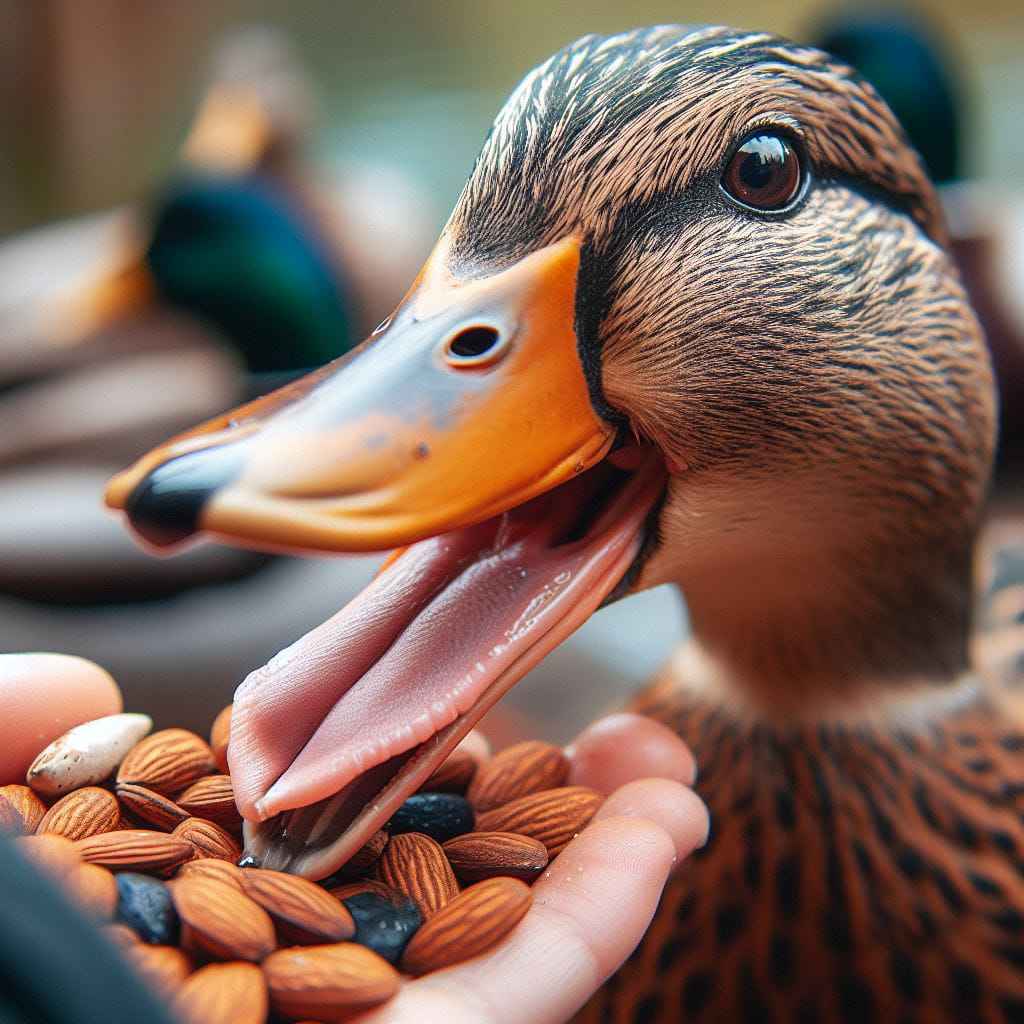
Safely Introducing Almonds into Ducks’ Diet
Safely introducing almonds into a duck’s diet requires careful consideration to ensure their health and well-being. Start by offering small quantities of finely chopped or ground almonds as treats rather than a staple food source. This allows ducks to adjust to the new food gradually and reduces the risk of digestive upset.
Monitor the ducks closely after introducing almonds to watch for any signs of adverse reactions, such as vomiting, diarrhea, or lethargy. If any negative symptoms occur, discontinue feeding almonds immediately and consult a veterinarian for further guidance.
It’s crucial to provide fresh, raw almonds without any additives or seasoning. Avoid feeding ducks salted, flavored, or roasted almonds, as these may contain harmful ingredients like salt, spices, or oils that can be detrimental to their health.
Offer almonds as part of a balanced diet that includes a variety of other foods, such as fruits, vegetables, grains, and protein sources like insects or pellets. This helps ensure ducks receive all the essential nutrients they need for optimal health and nutrition.
By following these guidelines and introducing almonds to ducks’ diets in moderation, you can safely incorporate this nutritious treat into their feeding routine while minimizing any potential risks.
Moderation: Key to Feeding Almonds to Ducks
Moderation is key when it comes to feeding almonds to ducks. While almonds can offer nutritional benefits, they should be given in small quantities and as part of a balanced diet. Ducks should not rely solely on almonds for their nutritional needs, as they require a diverse range of foods to thrive.
Feeding almonds to ducks in moderation helps prevent potential health issues associated with overconsumption, such as digestive problems or weight gain. It’s essential to monitor the amount of almonds provided to ducks and ensure they have access to plenty of fresh water at all times.
Additionally, almonds should be offered in their natural, raw form without any added salt, flavorings, or seasonings. Avoid feeding ducks processed almonds or almond products, as these may contain ingredients that are harmful to their health.
By practicing moderation and providing almonds as an occasional treat rather than a primary food source, you can ensure that ducks enjoy the nutritional benefits of almonds while minimizing any potential risks to their health.
Alternatives to Almonds for Ducks with Dietary Restrictions
When considering alternatives to almonds for ducks with dietary restrictions, it’s essential to focus on providing a balanced and varied diet that meets their nutritional needs. Some suitable alternatives to almonds include:
By offering a diverse array of foods from these categories, you can ensure that ducks receive the nutrients they require while accommodating any dietary restrictions they may have.
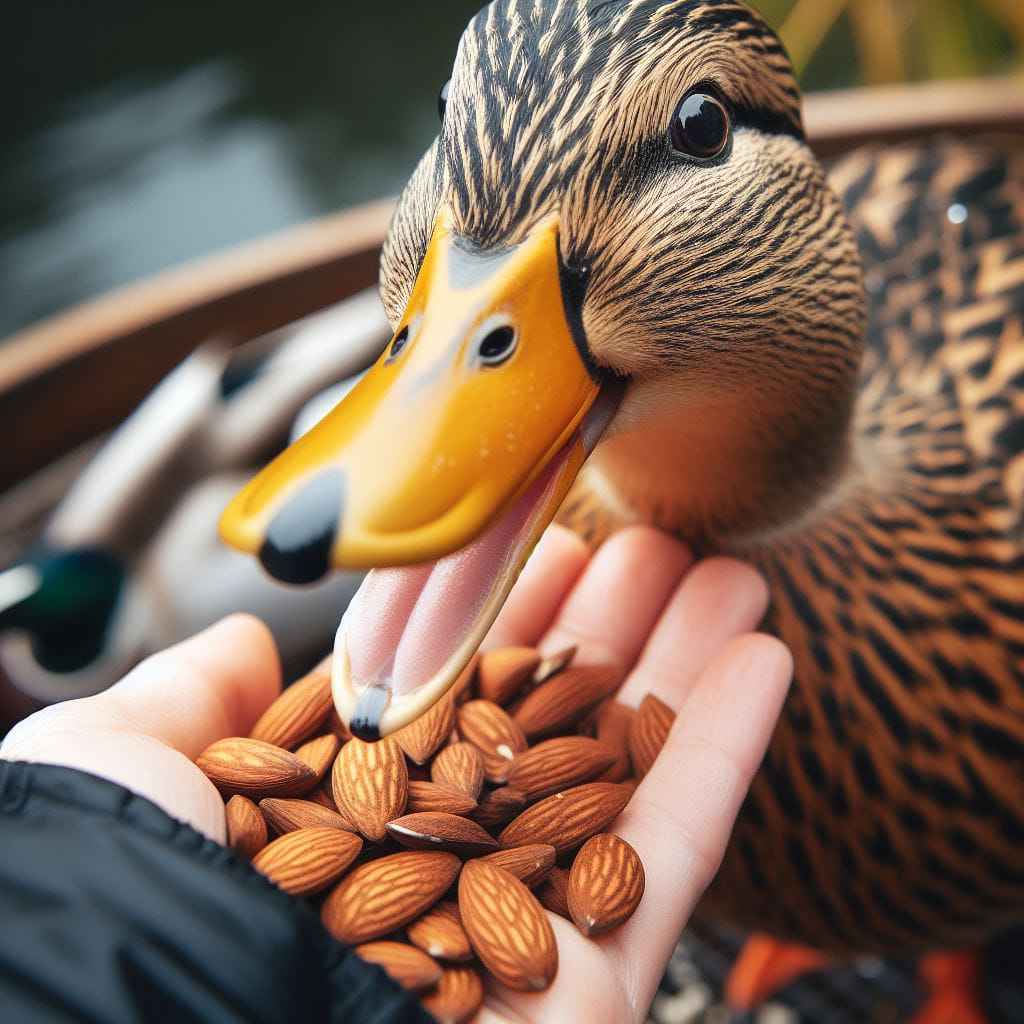
Conclusion
In conclusion, while almonds can be a tasty and nutritious treat for ducks, it’s essential to offer them in moderation and with careful consideration of potential risks. Ducks may enjoy the taste and texture of almonds, but their high fat content and potential choking hazard mean they should be fed sparingly and in small quantities. Additionally, some ducks may have difficulty digesting almonds or may be allergic to them, so it’s crucial to monitor their response to this food carefully.
As with any new food introduced into a duck’s diet, it’s best to consult with a veterinarian or avian specialist to ensure that almonds are suitable and safe for your feathered friends. By practicing moderation and paying attention to their dietary needs and reactions, you can provide ducks with a balanced and enjoyable diet that promotes their health and well-being.
FAQs
Can ducks eat almonds?
Almonds are not recommended for ducks as they can be difficult for them to digest and may pose a choking hazard. It’s best to avoid feeding ducks almonds and opt for safer alternatives.
Are almonds harmful to ducks?
Yes, almonds can be harmful to ducks due to their high fat content and potential choking risk. Feeding ducks almonds can lead to digestive issues and other health problems.
What are some safe treats for ducks?
Safe treats for ducks include peas, corn, lettuce, oats, and cracked corn. These treats are easier for ducks to digest and provide them with essential nutrients without posing a risk to their health.
How should I introduce new foods to my ducks?
When introducing new foods to ducks, start with small amounts and observe their reaction. Monitor for any signs of digestive discomfort or allergic reactions. Gradually increase the quantity if they tolerate the food well.
Can ducks eat other types of nuts?
While some nuts may be safe for ducks in small quantities, it’s generally best to avoid feeding them nuts altogether due to the risk of choking and digestive issues. Stick to safer treats like fruits, vegetables, and grains.



